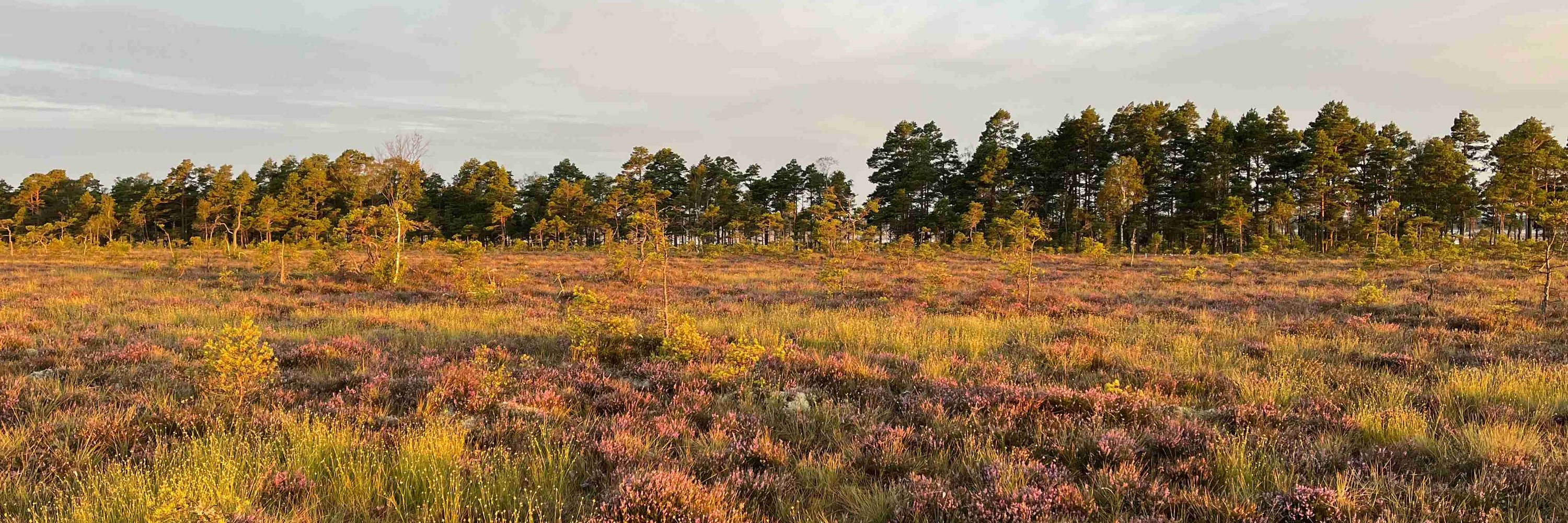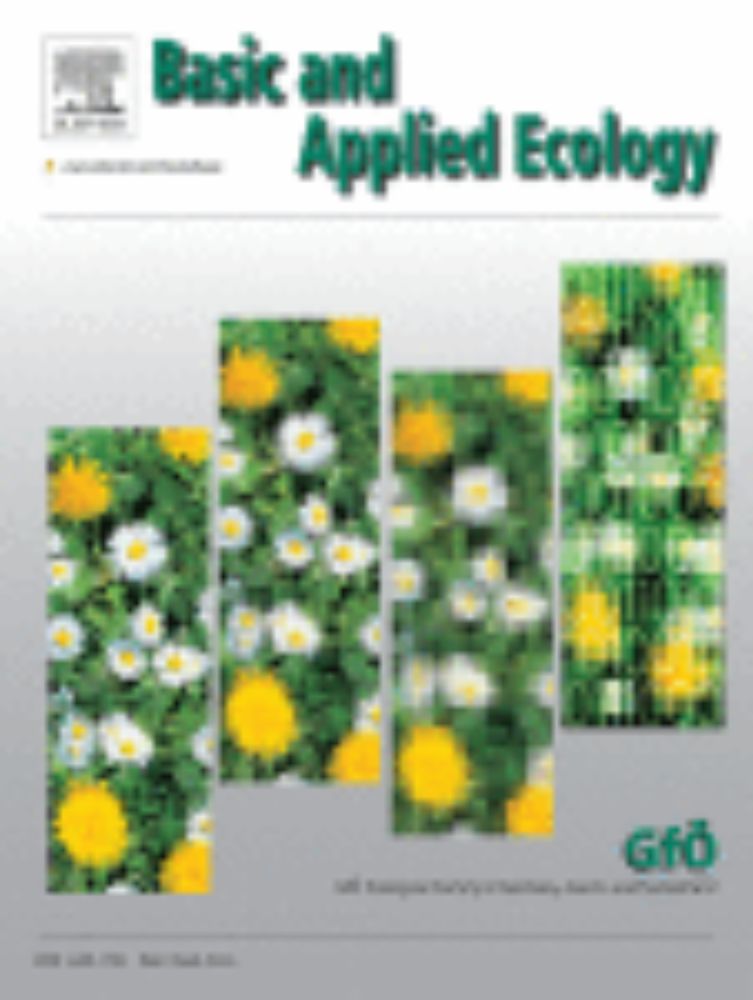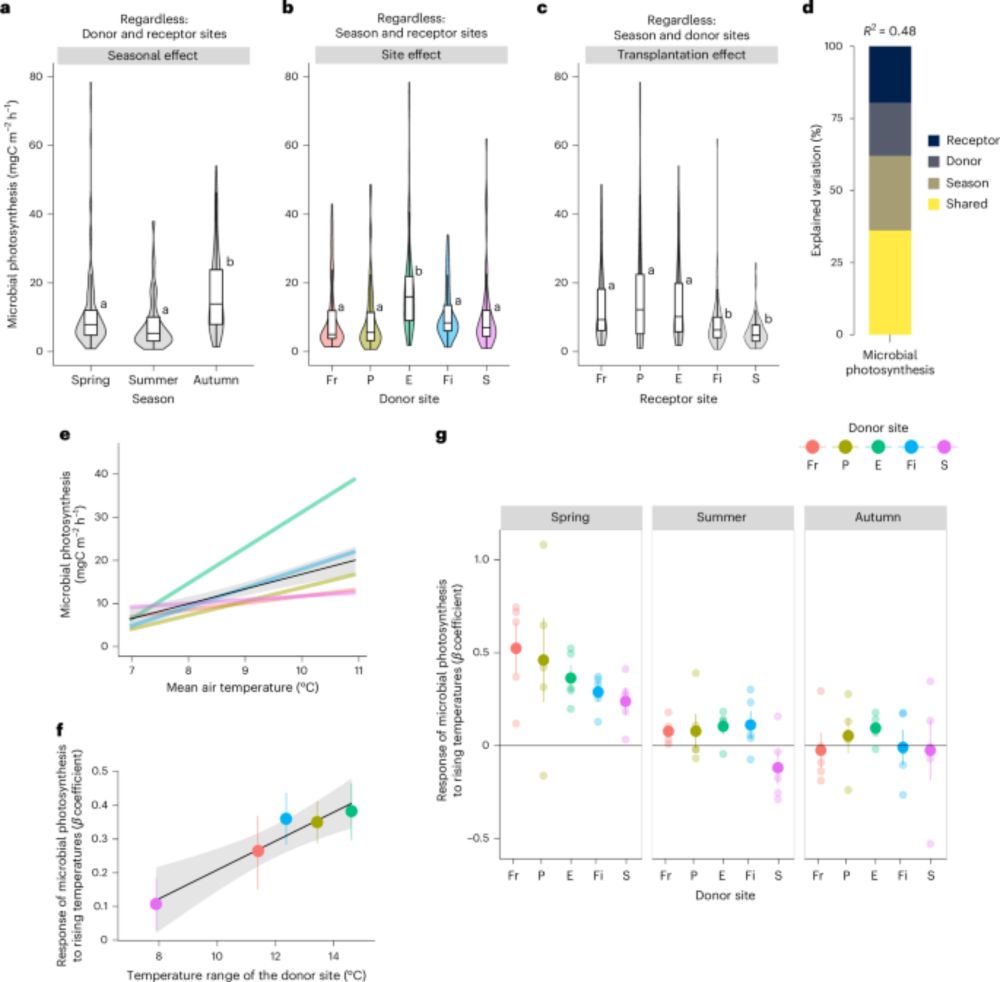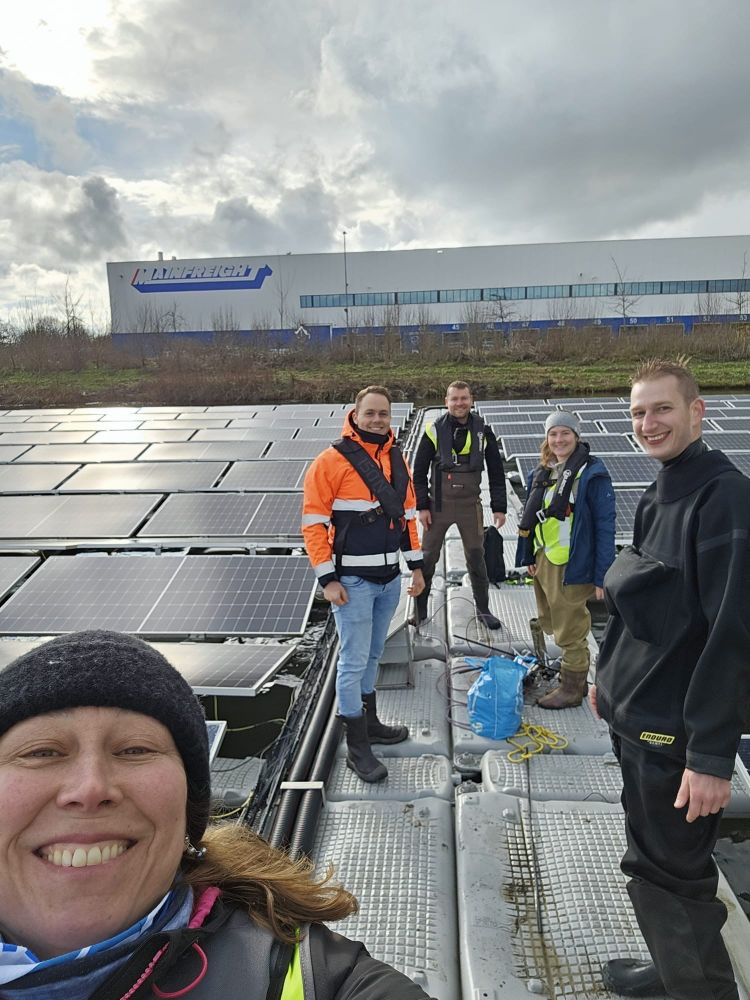Department of Ecology - Radboud University
@ecology-radboud.bsky.social
34 followers
10 following
27 posts
The Department of Ecology (part of Radboud Institute for Biological and Environmental Sciences) comprises a diverse team of enthusiastic ecologists dedicated to preserving and pursuing ecosystem health across aquatic and terrestrial systems.
Posts
Media
Videos
Starter Packs
Reposted by Department of Ecology - Radboud University
Reposted by Department of Ecology - Radboud University
Reposted by Department of Ecology - Radboud University


















